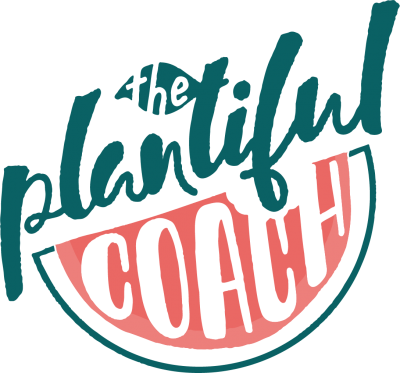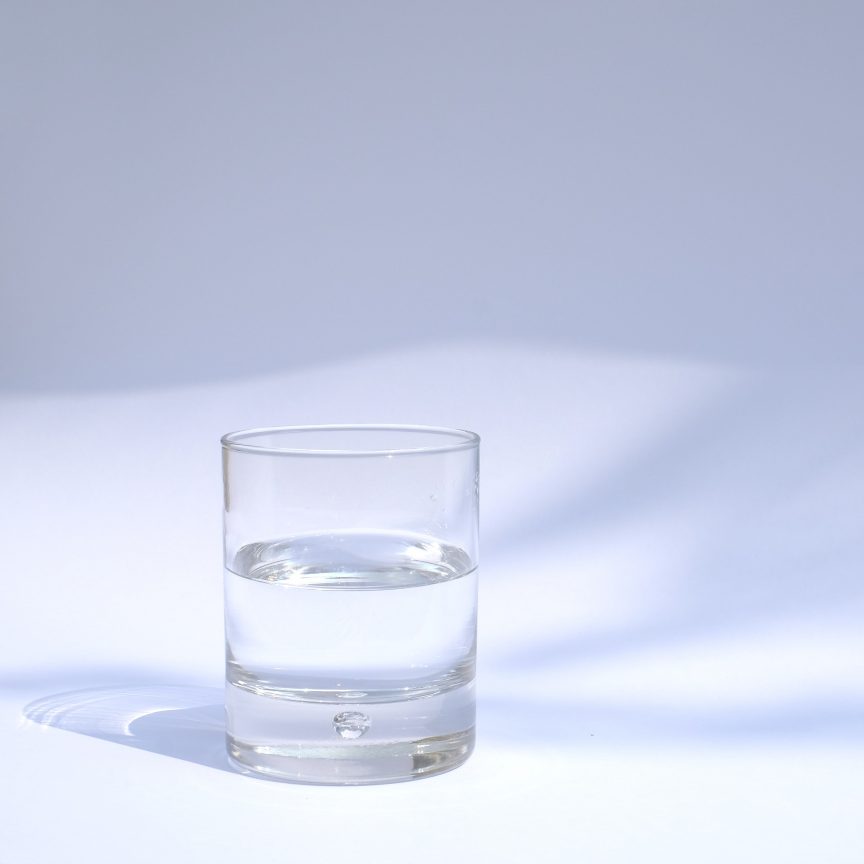I have to say that I haven’t been able to create or maintain an adequate hydration habit. One glance at my habit tracker says as much. I’m writing this after a second cup of coffee; I’m already feeling a little sluggish and I catch myself thinking about yet another one. Even when I know, after all the reading I’ve done for this blog post, that I should simply drink a glass of water (give me a moment while I go down one)…
If there’s one thing that probably all healthy-eating advocates can agree on, it’s the importance of water in our diet. It’s the number one nutrient in our diet, making up about 50% of the food we consume and about 60% of our body weight.
What happens if we don’t drink enough water?
(Coffee junkies, this one’s for us.) Our brains are 75% water, and even mild dehydration can result in our brain literally shrinking. This can have adverse effects on our mental functions and on our mood. A low hydration state can also make us feel sleepy and low in energy. But all of this can be reversed just by drinking some water, with a marked increase in alertness, mood and energy levels within just a few minutes. Next time you reflexively reach for the coffee, try downing a glass of water first.
Not drinking enough is also associated with many adverse health outcomes. However, it’s hard to determine for sure whether this is due to water consumption itself, or related healthy habits such as increased exercise (it’s no surprise that athletes drink more water) and increased consumption of fruit and veg (which have a much higher water content than other foods). As pointed out by Dr Greger, only a large randomised controlled trial would be able to tell us for sure what the causal links are. Unfortunately, the only obvious financial incentives for such studies would be for bottled water companies. So, we don’t have a lot to go on besides some studies linking diseases (such as bladder cancer and heart disease) with dehydration.
Weight loss benefits of good hydration
The recommendation to drink plenty of water if you’re trying to lose weight is pretty standard. This is backed by a study that found that drinking two cups of water boosts one’s metabolic rate by up to 30% over the next hour. The impact on weight loss is big: a randomised controlled trial showed that this can increase weight loss by 44%. Simply replacing some of your go-to beverages with a glass of water can make a significant difference in your weight-loss journey.
How much water is enough?
Requirements for water intake will vary a lot between individuals, depending on their age, health status, local environments (heat and humidity), how active they are, etc. The widespread recommendation of 2 litres (or 8 cups) per day is actually based on a single study, of a single individual, from 1921. There isn’t really enough data to come up with exact recommendations. That said, leading health authorities advise about 2.0-2.7 litres per day for women and 2.5-3.7 litres per day for men.
This total is from all sources though: about a litre of our daily water intake comes from food (especially vegetables and fruits). So we’re left with about 1.0 to 2.7 litres that we need to get from actual water and other beverages (depending on the individual). For women, that’s 4-6 cups (250 ml in a cup), and 6-11 cups for men.
Bear in mind that much of the conventional knowledge around hydration, especially in sports, is wrong. In fact, we’ve been highly influenced by the sports drink industry and their marketing campaigns – surprise surprise. Current evidence-based guidelines recommend simply to drink when you’re thirsty. Overhydration is a real thing, and a considerable risk among athletes (yep, people have died from drinking too much water).
What counts as a good source of hydration?
Water is your friend – learn to love it! However if plain water is a bit too boring, or if your tap water doesn’t taste great, add a squeeze of lemon or some cucumber slices. Other beverages count towards your hydration too, including alcoholic beverages (except for wine and hard liquor, which are dehydrating). And of course, beware of the added (and empty) calories in sweetened beverages though.
Finally, food can be a significant source of hydration. Fruits and vegetables like melons, beetroot, cauliflower, citrus, cabbage, celery, cucumber, lettuce, tomatoes and courgette contain upwards of 70% water. They play a crucial role in healthy eating – we should try to eat as much of them as we can. Try out the Daily Dozen Challenge to get the recommended fruit and veg in your diet.

